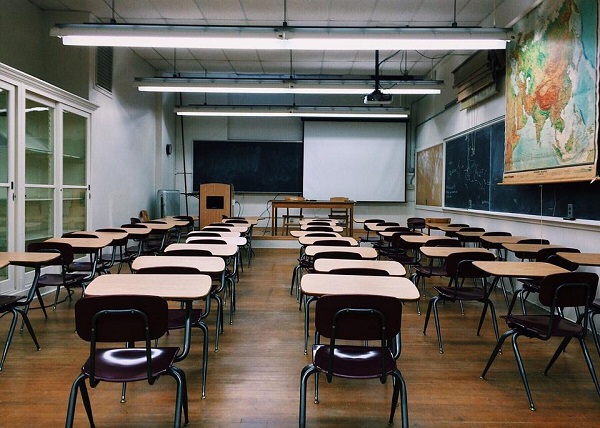Do you value local journalism? Support NottinghamMD.com today.
BALTIMORE, MD—This week, the Maryland State Board of Education called for the statewide adoption and implementation of literacy instruction based on the Science of Reading starting with the 2024-25 academic year.
Under the State Board resolution (24-01), Dr. Carey Wright, Interim State Superintendent of Schools, will present the board with a comprehensive literacy policy aligned to the Science of Reading in preparation for the 2024-25 school year. The Science of Reading is an evidence-based instructional practice that emphasizes the importance of phonics, fluency, vocabulary and comprehension in developing strong literacy skills. The State Board has set a statewide aspirational target for Maryland to rank among the top 10 states in reading on the fourth- and eighth-grade National Assessment for Educational Proficiency (NAEP) exams by 2027. Resolution 24-01 also calls on the Superintendent to partner with institutes of higher education to ensure alignment of teacher preparation programs and review current standards and regulations for consistency.
“Our goal is to ensure that more Maryland students have foundational literacy skills that equip them for lifelong success,” said Dr. Wright, a national leader in literacy instruction and outcomes. “In working with the State Board of Education and the Blueprint Accountability and Implementation Board, we have determined that Maryland needs comprehensive literacy initiatives. Students should have access to robust instruction that prepares them for higher education, the workforce, military and other pathways.”
“When we prioritize literacy, we help our children read, achieve, connect, and grow. This approach sets us on course to lift our children and build a more competitive state,” said Gov. Wes Moore. “I’m grateful for all of our partners — both inside and outside the administration — who have studied the data and laid out a strategy to elevate our students and classrooms. Today, we take an important step forward in our work to make Maryland’s schools the best in the country.”
The development and mastery of early literacy skills are a strong predictor of later school reading and math achievement. Reading proficiently is increasingly important after third grade; students who have not achieved grade-level literacy are at higher risk of not finishing high school college and career ready.
“The State Board and Maryland State Department of Education are taking swift action to improve literacy in our schools by prioritizing collaboration with our local school system leaders to ensure data-driven, evidence-based instructional practices,” said State Board President Clarence Crawford. “Reading proficiently by the end of third grade is a crucial marker for every Maryland child’s educational development. Fragmented policies, segmented practices, limited preparation and intervention programs pose unnecessary challenges to following the science of teaching and learning how to read.”
Student literacy rates are improving across the state. Literacy results from the 2022-23 Maryland Comprehensive Assessment Program (MCAP) were higher than pre-pandemic performance. Proficiency rates for third-grade students reached a nine-year high of 48 percent. Across all grades, more students were closer to achieving proficiency in literacy than previous years. However, Maryland’s NAEP ranking decreased from 24th nationwide in 2015 to 40th in 2022 based on fourth-grade scores. Among eighth-graders, the ranking dropped from 18th to 25th during the same time period. Among Maryland school districts, all but one have aligned their curriculum to the Science of Reading.
The State Board and MSDE will continue to partner with the Blueprint Accountability and Implementation Board to ensure that the Blueprint for Maryland’s Future advances the Science of Reading and literacy outcomes. In addition to reviewing current state literacy guidance, Dr. Wright will establish partnerships with colleges and universities to improve alignment of teacher preparation and professional development to the Science of Reading. MSDE will incorporate a specific evaluation of reading instruction in the licensure program renewal process.
This month, Dr. Tenette Smith, who led elementary reading for the Mississippi Department of Education, will join MSDE to lead literacy instruction. She will implement teacher coaching and professional development, high-quality instructional materials and help to develop intervention techniques aligned to the Science of Reading.
Photo via Pixabay


